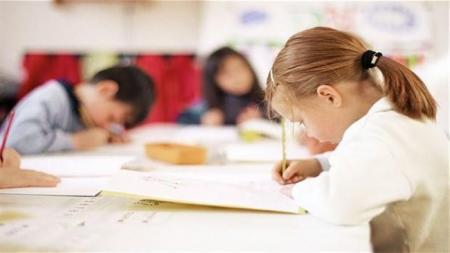
The findings are in stark contrast with the well-established belief that it's simply a post-code lottery what's pushing poor children out of good schooling, reported the Telegraph.
Researchers argued that the ‘property effect', whereby wealthy parents are more likely to afford living in a home near a good school, was ‘far from the only factor keeping poorer children’ excluded from a proper education.
Instead, they argued, middle class parents playing the system and parents wanting to have their children in schools where their friend’s offspring also attend were other reasons to consider.
Researchers at schools data website SchoolDash added: “Even those poorer children who do live close to a high-performing school are less likely to end up going there.
“Indeed, the data presented here suggest that school selection is an even bigger driver of social sorting than the locations of family homes.”
Their analysis offered a breakdown of the types of schools in which poorer pupils are under-represented even after taking into account the level of poverty in their local area.
It offered a breakdown of a 'negative bias against poorer pupils and a positive bias in their favor depending of the type of school.
Grammar schools had a disproportionate negative bias of near 100 percent against poorer children, the analysis showed. These were followed by non-Christian faith schools and boys' schools.
In contrast, schools that are 'inadequate' by Ofsted standards have a 28.7 percent positive bias towards poor pupils.
Timo Hannay, founder of Schooldash, said: “Children from disadvantaged backgrounds face two barriers to entry to good schools.”
He said too few poor children are being admitted into good schools as a percentage of the population in the area.
And also schools accept a disproportionate proportion of wealthier children in relation to the actual percentage of the population.
Hannay said this was a result not only of middle classes being able to afford homes near good schools but also because of parents being able to ‘play the system’.
He explained: “Pushy middle class parents are able to play the admission system – deliberately or otherwise. Whereas working class families are less willing or less able to do so.
He added: “It is possible that there is also a degree of self-selection whereby working class families and middle class families pick schools where people like them are more likely to attend.”
